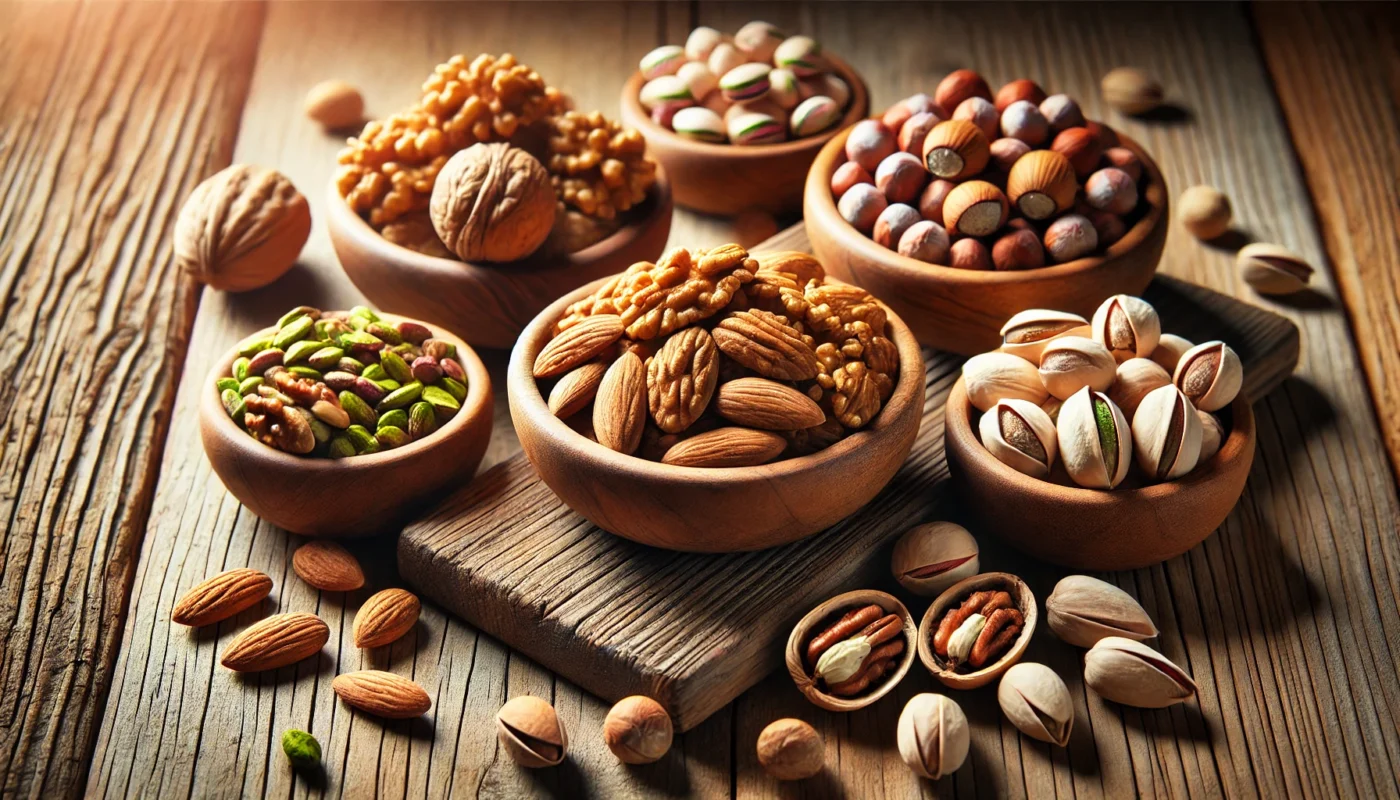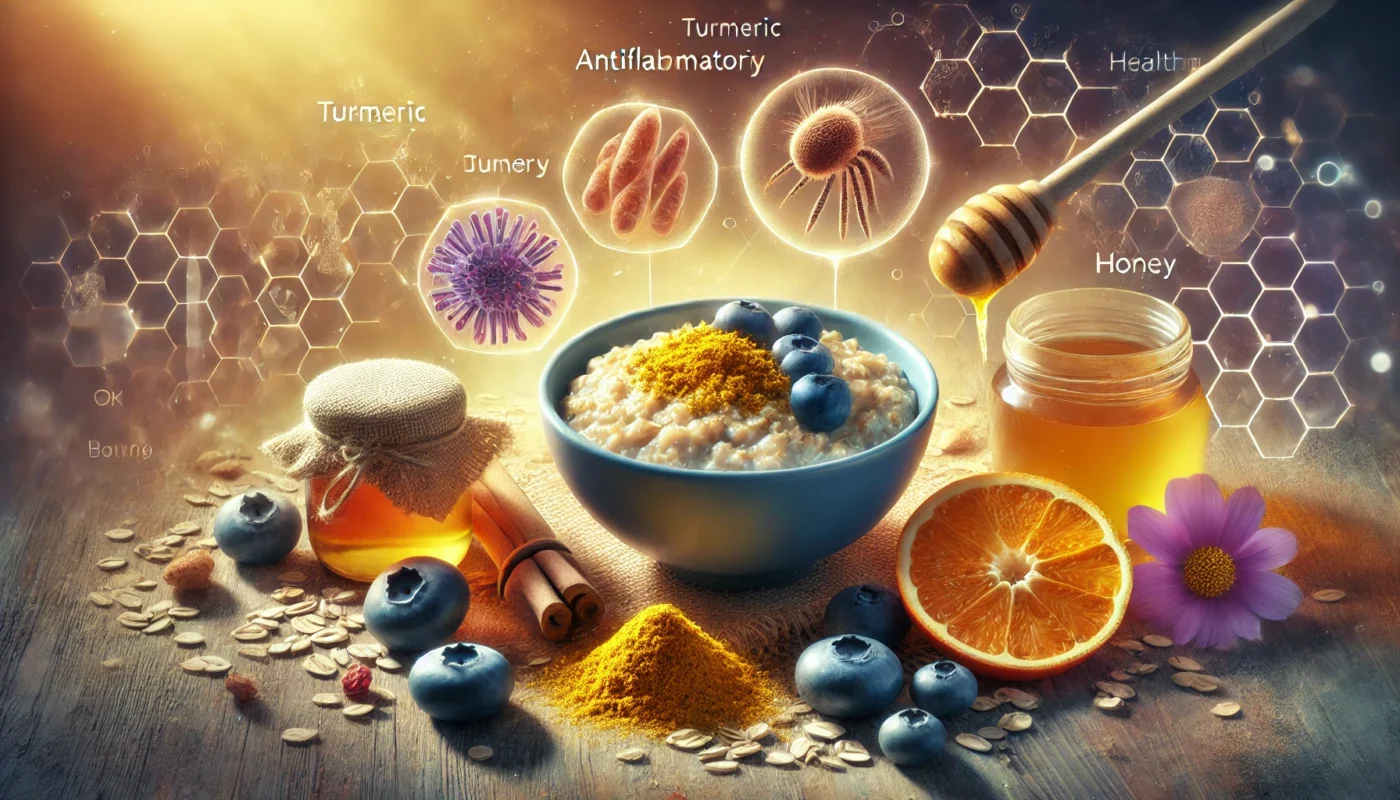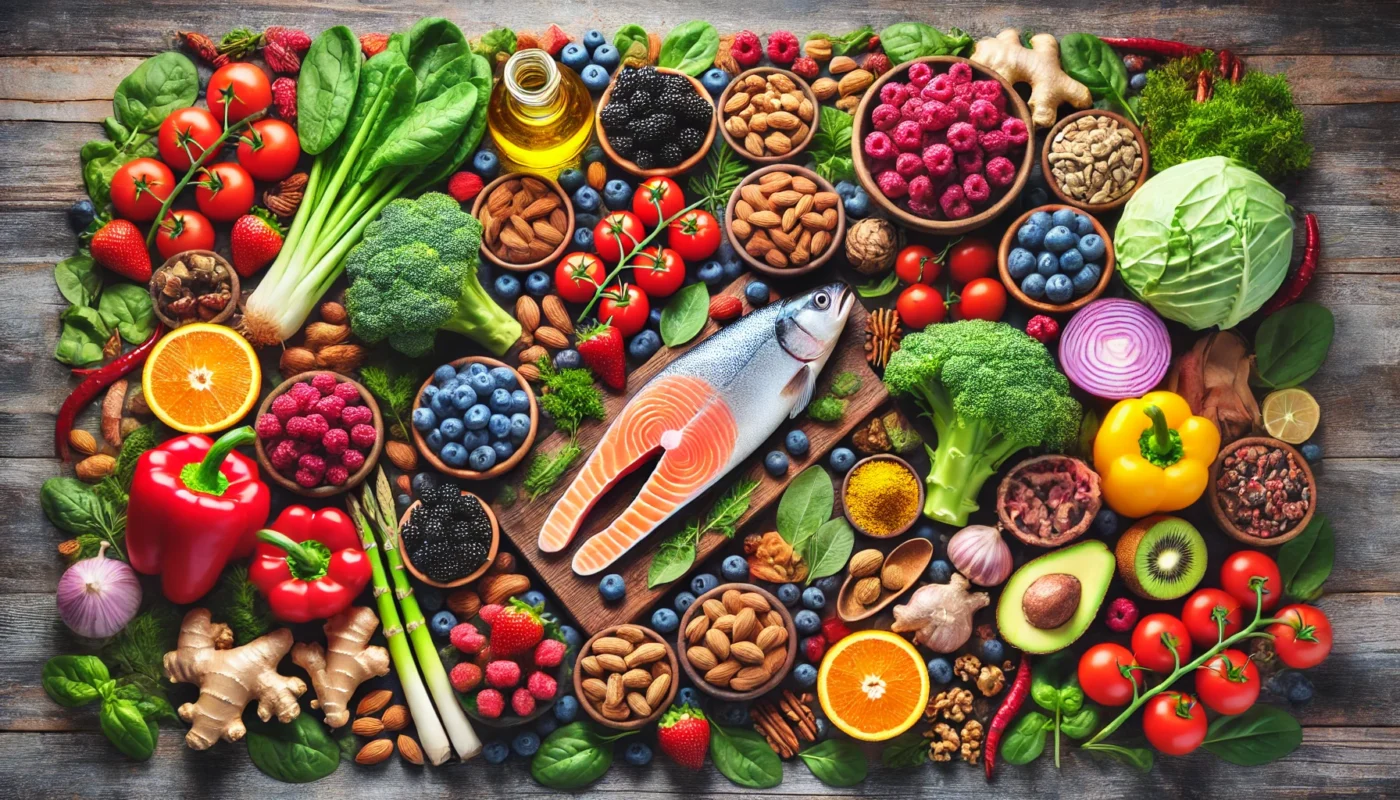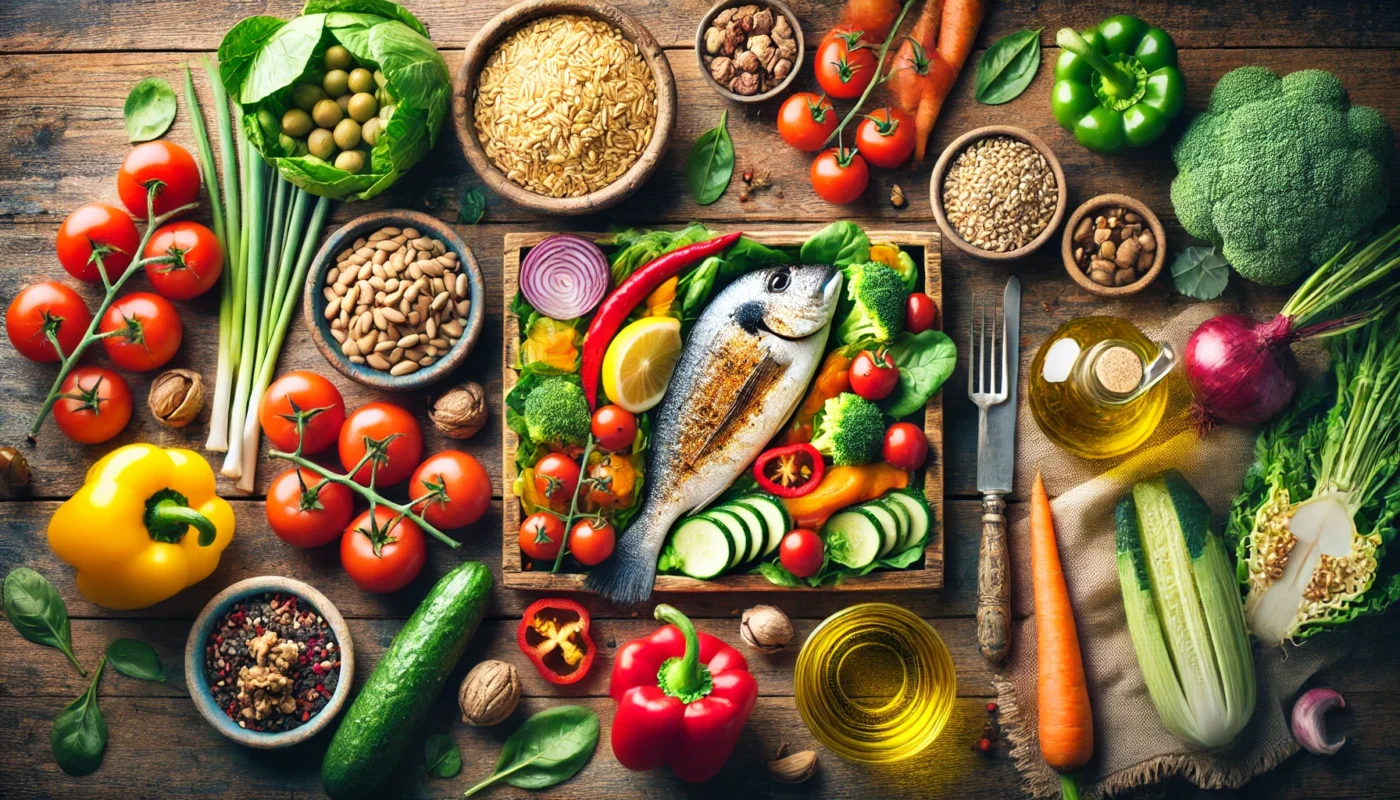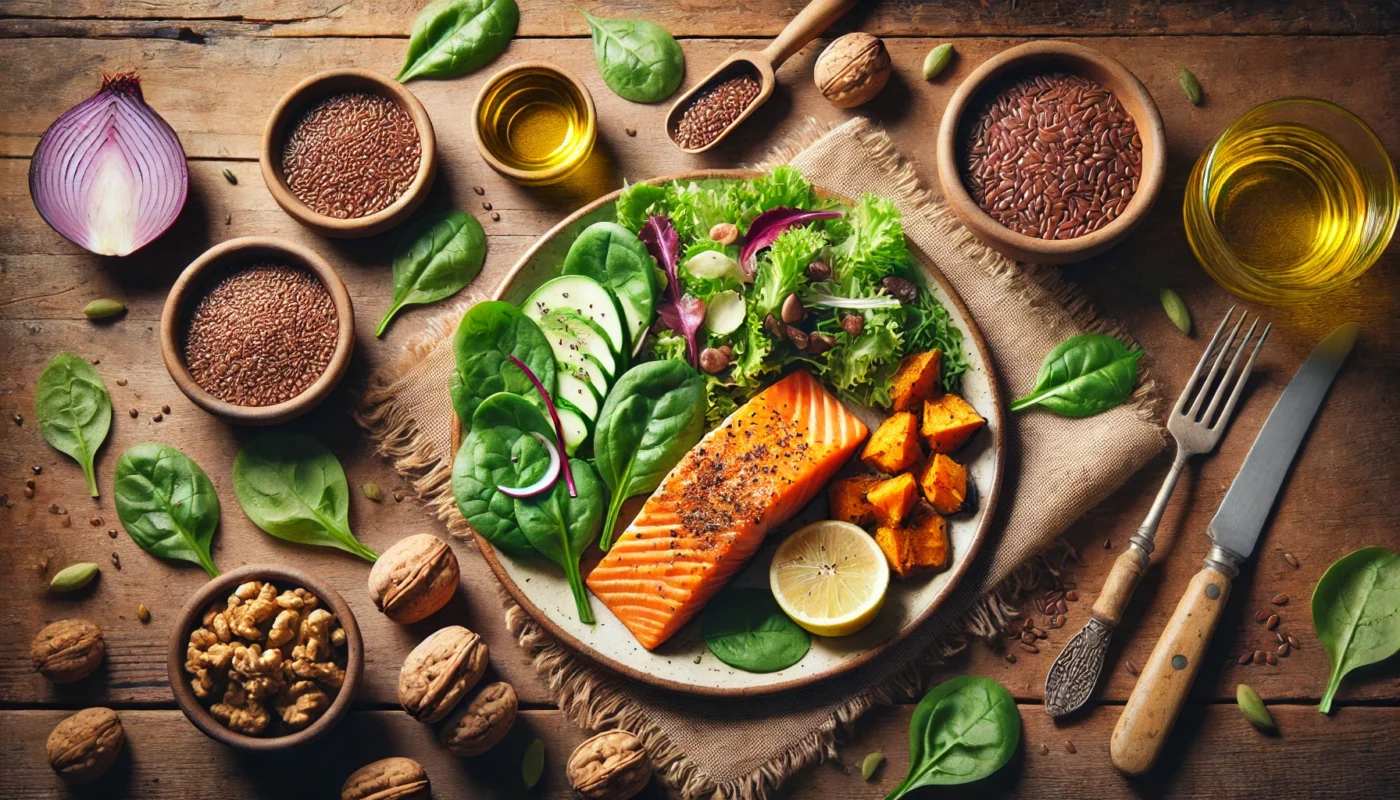Before diving into the specifics, it’s crucial to grasp the relationship between nuts and inflammation. Nuts are nutrient-dense foods packed with healthy fats, fiber, protein, vitamins, and minerals. While some might wonder, “are nuts inflammatory?” the answer largely depends on the type and quantity consumed. Generally, most nuts are beneficial in moderating inflammation due to their rich antioxidant content.
Tag Archives: Antioxidants
Inflammation is a natural response of the body to injury or illness, but chronic inflammation can lead to a host of health issues, including arthritis, heart disease, and diabetes. While medications can help, many people are turning to natural remedies to reduce inflammation, and juices made from anti-inflammatory ingredients are increasingly popular. In this guide, we’ll explore some of the top juices that can help combat inflammation naturally, backed by scientific evidence and practical advice.
To comprehend oatmeal’s impact, we must first understand inflammation. Inflammation is the body’s natural response to injury or infection, a crucial part of healing. However, chronic inflammation is a different story. It can lead to various health problems, including heart disease, diabetes, and arthritis. Therefore, managing inflammation is vital for maintaining optimal health.
Inflammation is a natural response of our immune system. It’s a protective mechanism that helps our bodies heal from injury and fight off harmful invaders. But when inflammation becomes chronic, it can lead to various health issues, from heart disease to arthritis.
Diet plays a crucial role in managing inflammation. Certain foods can trigger an inflammatory response, while others can help to reduce it. This article will explore the top 20 anti-inflammatory foods that can help you manage inflammation naturally.
Oxycodone is a potent opioid analgesic, commonly prescribed for managing moderate to severe pain. It works by binding to the mu-opioid receptors in the brain, altering the perception of pain and emotional response to it. As effective as it is, Oxycodone is not without its risks, including potential dependency and a host of side effects ranging from dizziness to respiratory depression.
In the realm of health and wellness, understanding tissue healing times is crucial for anyone looking to optimize their recovery and well-being. However, myths and misconceptions often cloud this topic, leading to misunderstandings about how the healing process truly works.
For fitness enthusiasts and health-conscious individuals, debunking these myths can provide valuable insights into efficient recovery strategies. This article delves into prevalent myths about tissue healing times, supported by scientific insights and practical advice, to empower you in your wellness journey.
Understanding the far-reaching implications of sunburns transcends the immediate redness and discomfort. It involves exploring the potential long-term effects, such as heightened skin cancer risks, accelerated aging, and various skin-related issues. In this detailed guide, we delve into the complex consequences of sunburns, backed by scientific research, and offer practical advice for prevention and treatment.
The Mediterranean diet is inspired by the traditional eating patterns of countries bordering the Mediterranean Sea, such as Greece, Italy, and Spain. It emphasizes whole, minimally processed foods, including plenty of fruits, vegetables, whole grains, nuts, seeds, and healthy fats—particularly olive oil. Moderate consumption of fish and seafood, dairy, poultry, and red wine is also encouraged, while red meat and sugar-laden foods are limited.
Inflammation is a natural defense mechanism used by the immune system to protect the body against harm, such as infections or injuries. However, when inflammation becomes chronic, it can lead to various health issues. One of the key triggers of chronic inflammation is diet. Certain foods can provoke an inflammatory response, leading to long-term health consequences.
Autoimmune diseases are complex and often challenging to manage, leaving many individuals seeking alternative solutions to alleviate symptoms and improve their quality of life. While conventional medicine offers various treatments, natural supplements can provide a complementary approach to managing autoimmune conditions. In this article, we will delve into the benefits and considerations of using natural supplements for autoimmune condition relief, helping you make informed decisions on your wellness journey.

